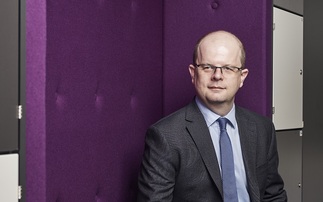Unchecked decisions at high levels were at the heart of the global financial crisis but, explains Matt Crossman, those failings have ultimately driven a sea-change in investor attitudes to corporate governance
Royal Bank of Scotland (RBS) executives led the largest banking takeover ever in 2007 - and their due diligence for the €71bn (£62.5bn) purchase of ABN Amro was two ring-binders and a CD-ROM. And yet almost 95% of the RBS shareholders who voted on this classic "top-of-the-market" deal approved it after the board of directors waved it through. Large institutional investors in particular were subsequently criticised for their apparent passivity, with the Treasury Select Committee suggesting they had "a case to answer" for failing to engage with and challenge investee companies. The abilit...
To continue reading this article...
Join Professional Adviser for free
- Unlimited access to real-time news, industry insights and market intelligence
- Stay ahead of the curve with spotlights on emerging trends and technologies
- Receive breaking news stories straight to your inbox in the daily newsletters
- Make smart business decisions with the latest developments in regulation, investing retirement and protection
- Members-only access to the editor’s weekly Friday commentary
- Be the first to hear about our events and awards programmes








